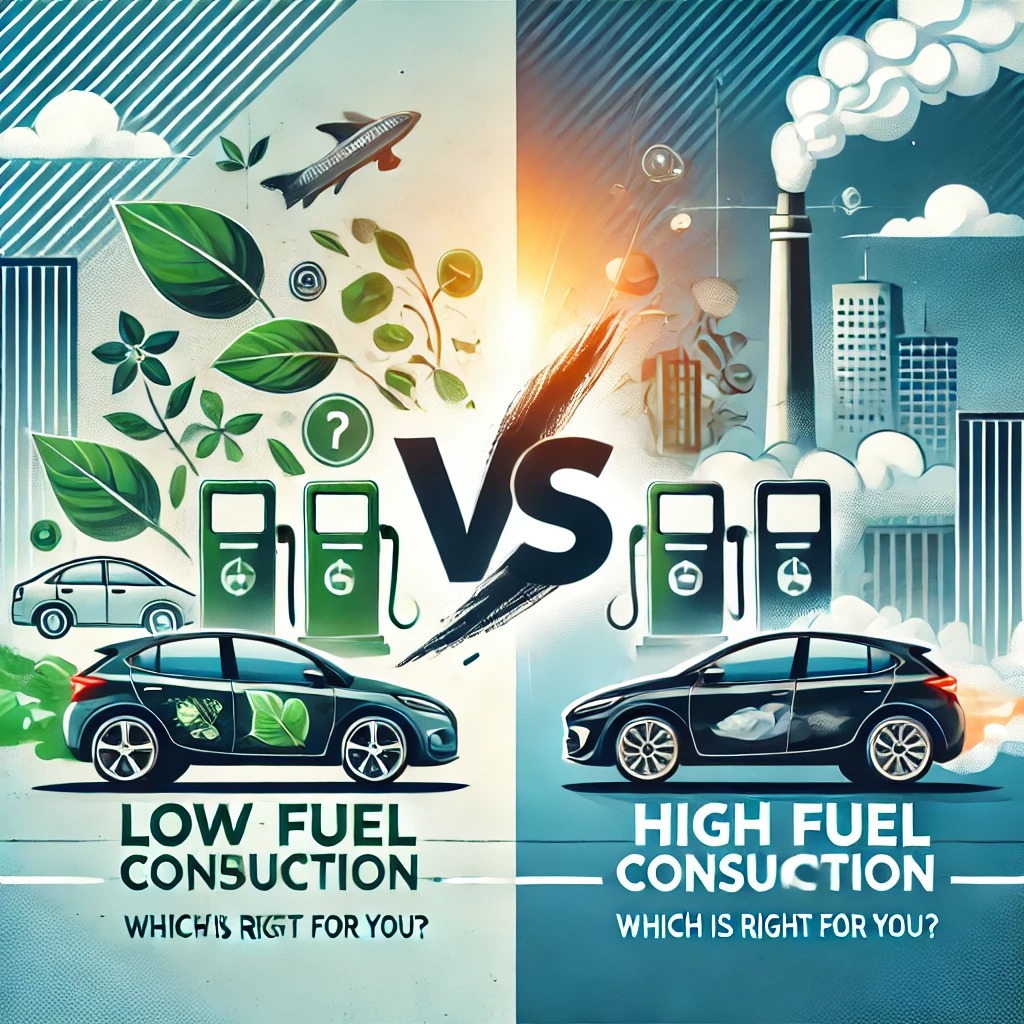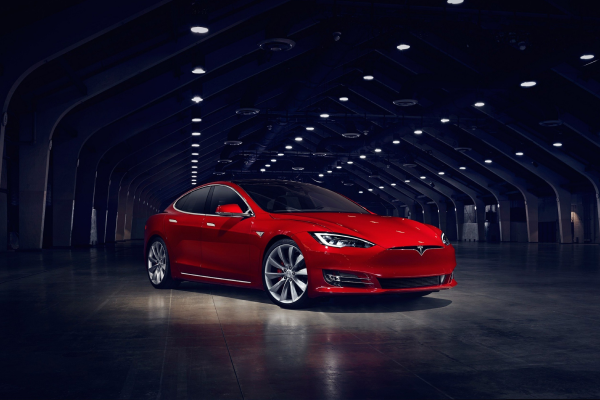
- Admin
- Feb 04, 2025
- Buying Guides
Low vs. High Fuel Consumption Cars: Which is Right for You?
Introduction
In today's world, fuel efficiency is a significant consideration for car buyers. With rising fuel costs and growing environmental concerns, understanding the differences between low and high fuel consumption vehicles can help you make an informed decision. This blog explores the pros and cons of both types of cars, providing insights to guide your choice.
What Are Low Fuel Consumption Cars?
Low fuel consumption cars, often referred to as fuel-efficient vehicles, are designed to maximize mileage and minimize fuel usage. Typically, these vehicles include:
Hybrids: Combining gasoline engines with electric motors.
Electric Vehicles (EVs): Powered entirely by electricity, eliminating fuel consumption.
Compact Cars: Smaller cars with efficient engines that offer great mileage.
Advantages of Low Fuel Consumption Cars
Cost Savings: Lower fuel expenses mean more money in your pocket.
Environmental Impact: Reduced carbon emissions contribute to a cleaner environment.
Tax Incentives: Many governments offer tax breaks for fuel-efficient vehicles.
Disadvantages of Low Fuel Consumption Cars
Performance: Some may feel underpowered compared to traditional vehicles.
Initial Costs: Hybrid and electric models can have a higher upfront price.
What Are High Fuel Consumption Cars?
High fuel consumption cars generally consume more fuel per mile traveled. These include larger vehicles like SUVs, trucks, and performance cars.
Advantages of High Fuel Consumption Cars
Power and Performance: Typically offer better acceleration and towing capabilities.
Space and Comfort: Often provide more room for passengers and cargo.
Versatility: Suitable for various terrains and driving conditions.
Disadvantages of High Fuel Consumption Cars
Higher Fuel Costs: Increased expenditure on fuel can add up quickly.
Environmental Concerns: Higher emissions contribute to air pollution.
Fuel Efficiency Comparison: Key Factors
When comparing low and high fuel consumption cars, consider the following factors:
Driving Habits: Your daily commute and typical driving conditions (city vs. highway).
Budget: Initial cost versus long-term savings on fuel.
Environmental Impact: Your personal stance on sustainability.
Conclusion
Choosing between a low and high fuel consumption car depends on your lifestyle, budget, and values. If you prioritize fuel efficiency and environmental responsibility, low fuel consumption cars are the way to go. However, if you need power and space, a high fuel consumption vehicle may be better suited for you.









Comments